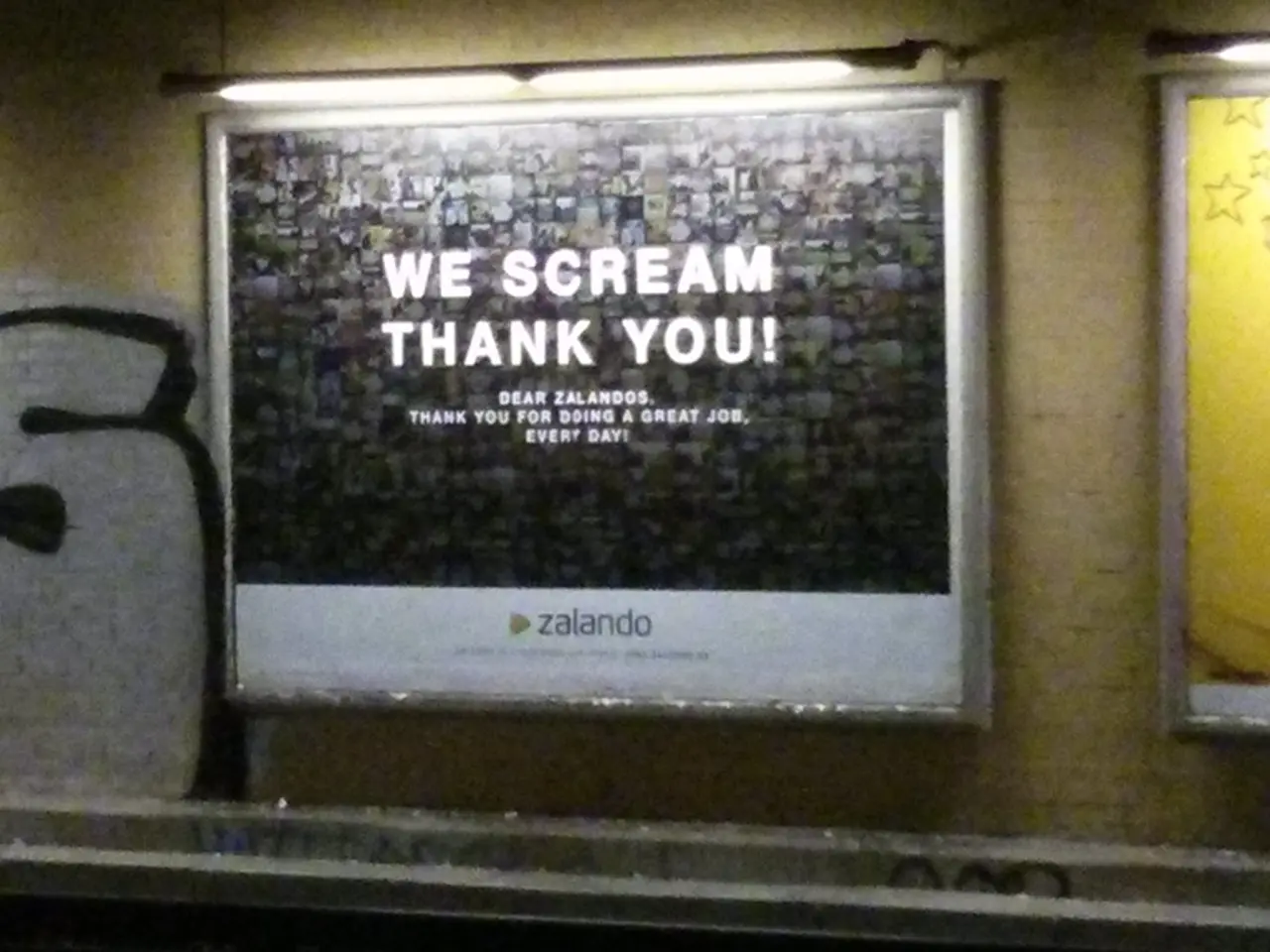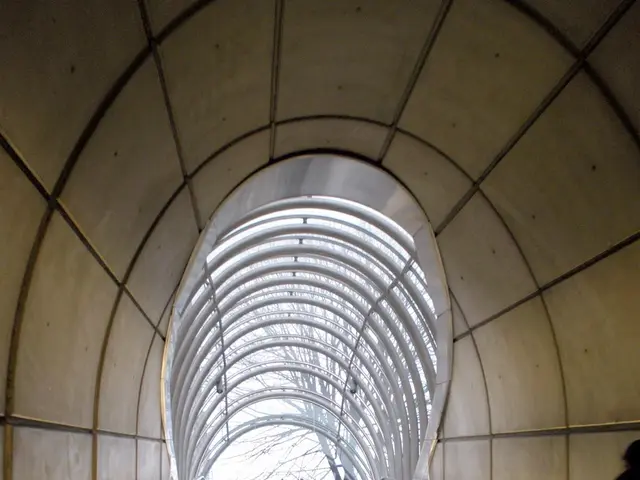Europe's decreased demand for home energy storage is now mirrored in Africa.
South Africa, a country once lucrative for Deye Technology, a Chinese company specialising in home energy storage, has seen a shift in fortunes. The market, which was once a major contributor to Deye's revenue and net profit, has cooled, leading to a decline in the first quarter of 2024.
This change can be attributed to the unappealing African market, with its fragile power systems and frequent failures. The continent has become a battleground for Chinese home energy storage players, as they vie for a share in the market.
In March 2024, the Future Energy Show held in Johannesburg saw most exhibitors hailing from China, reflecting the increasing interest of Chinese companies in the South African market.
The South African market, with a per capita GDP of USD 6,800, is extremely price-sensitive. This has led to intense competition and a quick saturation of the market.
In the first half of 2023, Deye Technology's sales in South Africa exceeded RMB 1.1 billion, marking a year-on-year increase of over three times. However, the second half of 2023 saw a slowdown in demand due to an improvement in South Africa's power cut situation.
The African markets outside of South Africa have overall economic development levels far below that of South Africa, making initial expansion extremely difficult.
The rapid growth in supply and the slowdown in demand have led to a sharp deterioration in the South African home storage market. Prices have plummeted, inventories are high, and operational pressure on companies has increased.
The South African home energy storage market, with a total scale of less than RMB 10 billion, is far from sufficient to meet all the demands of the Chinese companies. Despite this, more Chinese players are still entering the market.
Severe power shortages and installation incentives have driven the rapid expansion of South Africa's solar storage market. African markets, including those outside of South Africa, are likely to require a long cultivation period to develop properly in the long run.
Since 2022, South Africa has become a new hotspot for Chinese home energy storage companies. Chinese home energy storage system companies have notably expanded their engagement in African markets such as South Africa and the Gulf Cooperation Council (G.C.C.) countries.
Huawei, for example, has strengthened its product portfolio with residential energy storage systems launched in 2022 to serve these regions. Other companies like BSLBATT have been affected by the intensified competition and downstream inventory pressure in the South African home storage market.
Nigeria, the largest economy in Africa, is also seen as having potential for developing home energy storage. However, its per capita GDP is less than one-third of South Africa's, making it equally price-sensitive.
Some manufacturers have chosen to target more segmented high-end markets in African countries, even in economically backward ones like Zimbabwe. Chinese players, such as Deye Technology, Dyness, Sungrow Power Supply, Svolt Energy Technology, Paineng Technology, Ginlong Technologies, Guangzhou Great Power, and GoodWe, have made substantial profits in the region.
The installed capacity of home energy storage in South Africa was 0.73 GWh in 2023, with a year-on-year growth rate of only 32.7%. Despite the challenges, the potential for growth in the African home energy storage market remains significant.








